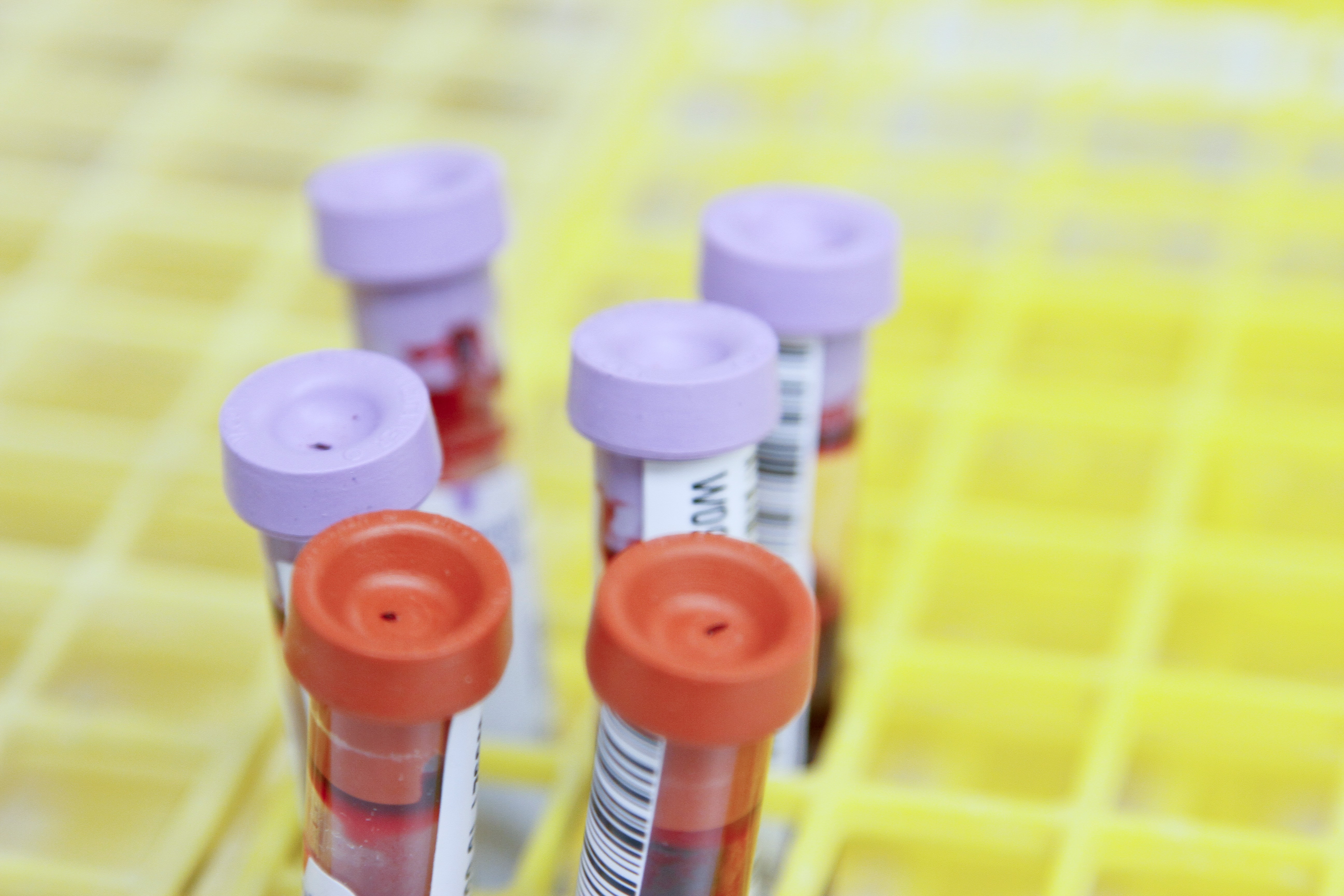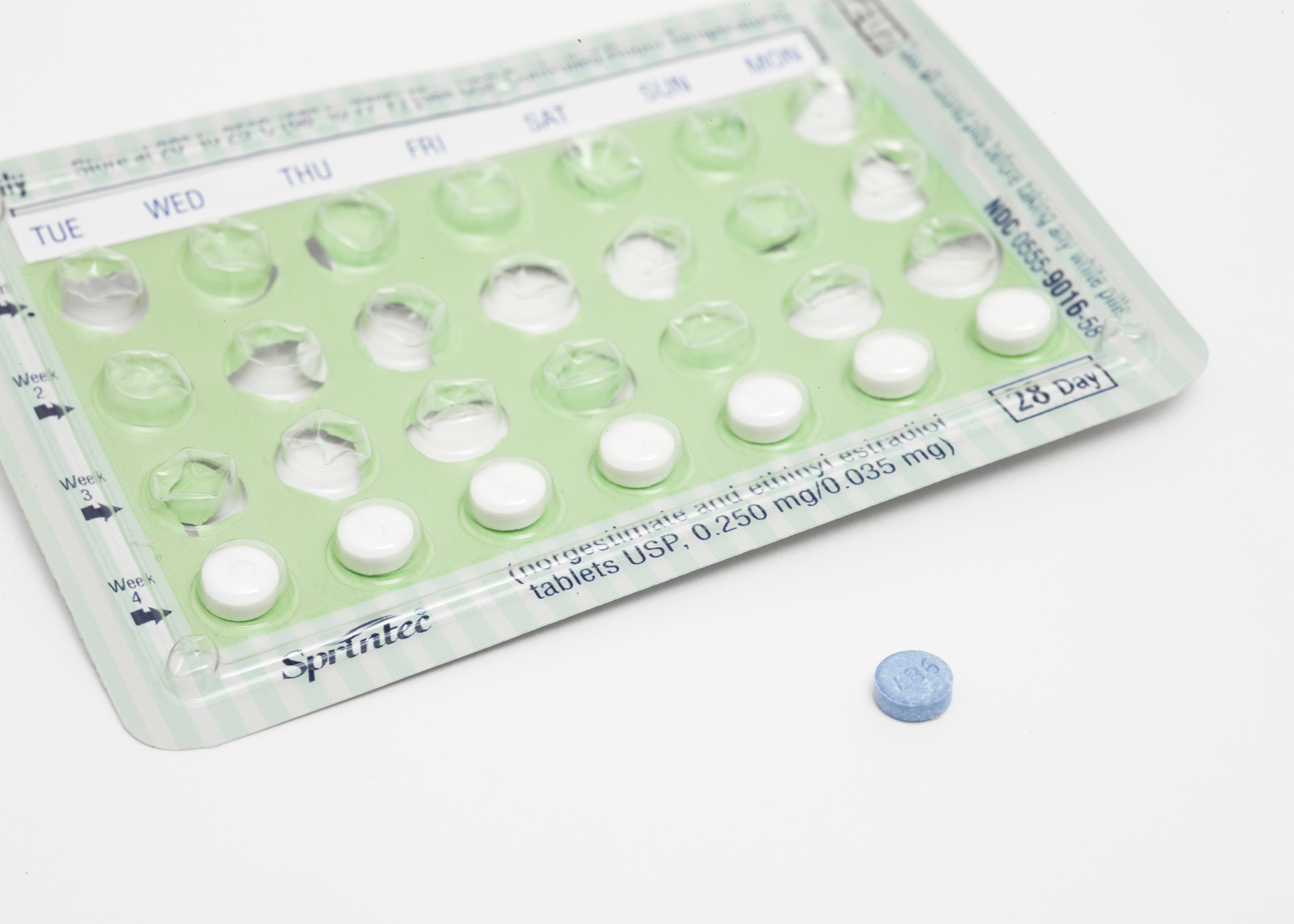Are you having thyroid symptoms but normal TSH (Thyroid Stimulation Hormone) ? Or were you told your TSH is normal but you think you have a thyroid problem? To help you understand this better we want to look at the health scenarios that create this picture. For instance, was the test was interpreted wrong? Or do we need to take another look at some other thyroid test to figure out what's actually going on with your thyroid? Basically we are going to help you troubleshoot what could be going on with your thyroid and health.
In our practice, we see a lot of people with thyroid issues. They are told that their TSH is normal, but they have all the symptoms of low thyroid. In fact many cases their TSH is not normal, it is interpreted with less rigor. This has to do with the reference ranges and failing to consider your symptoms and other important factors. So, in this post we will look at the TSH references ranges and the symptoms and scenarios where thyroid medication should be considered.
Normal TSH With Thyroid Problems
We're going to talk about what you should be thinking about if you have thyroid problems, or symptoms of thyroid issues with “normal TSH”. First, I want to discuss what is normal TSH and what is abnormal TSH. In my practice, typically anything above 2.5 is considered slightly high. TSH has an inverse relationship to your thyroid. The way it works is a part of your brain, the pituitary gland, makes TSH. TSH is an acronym for thyroid stimulating hormone. This hormone stimulates the thyroid gland to make t4 and some t3. These are the two thyroid hormones that are important to caring out all the functions of the thyroid gland.
In the case that you have high TSH (above 2.5), that means you have an underactive thyroid or hypothyroid. Now, many times people get in scenarios where your TSH is considered normal according to conventional medicine and you have thyroid symptoms too. Below we will look at an actual lab result.
Normal according to conventional medicine, can be anything below 4.5 which is actually slightly abnormal. Most conventional labs cut it off at 4.5 or even 5.5, but even endocrinologist (some but certainly not all) will treat people that have TSH above 2.5. That does not mean everyone with TSH above 2.5 should be given thyroid medication, however. The key is understanding the person and what symptoms they have.
Matching Abnormal Thyroid Symptoms to Abnormal Labs
The higher the TSH the less thyroid hormone your body is producing and therefor the more hypothyroid symptoms we would expect you to have. Some people have all the hypothyroid symptoms even with TSH at 2.5-4.0 Other people with TSH above 5.0 have none of thyroid symptoms. The most common hypothyroid symptoms include:
- weight gain
- dry skin
- constipation
- fatigue
- hair loss
- cold intolerance
So, if you're having those symptoms, and you have high TSH (above 2.5), it may benefit you to take a second look at thyroid support. Thyroid support could involve taking thyroid medication or looking at things that have a negative impact on your output of thyroid hormone. We commonly treat people with thyroid medication when their TSH is above 2.5. We consider this to be the range suggesting a problem.
If you're not having any symptoms, you can potentially just follow your TSH for a while. If it's going up and up and up though, you're probably going to want to treat it little more aggressively. Either looking into what the negative impacts on the thyroid might be like, toxins, not enough of certain nutrients, or actually take in thyroid hormone.
We will look at an actual lab result below, but the other thing to consider is the level of t3 hormone. So, t3 is the active form of thyroid that you want to make sure that is high enough as well (see below). Remember, just because your TSH is above 2.5 doesn't necessarily mean you need more thyroid hormone. Some people will get very stimulated, excessively stimulated, from taking thyroid hormone, and they feel very bad. So, just because your TSH is somewhat high doesn't necessarily mean you need more thyroid hormone. If you're symptomatic, you probably do.

Actual TSH Lab
Now, let's look at the actual lab result. Below we have some thyroid labs. You can see the TSH, free t3, insulin (which isn't really important for this conversation) and cortisol. You can see the reference ranges to the right. This person's TSH is a bit high normal at 2.46. Like I said, the cutoff is around 2.5. This person also has a low or low normal free t3.

The free t3 at 2.7 is low as we will typically like to see it 3.0 or more. So these two things in conjunction suggest potentially needing some additional thyroid hormone.
Another thing, I would note is this cortisol is a bit high which could be causing a body to down regulate the production of either just t3 or both t4 and t3. So it's not always necessarily the best idea to just put someone on thyroid hormone just because they have abnormal or borderline TSH. You always have to take each scenario in conjunction with the person symptoms and overlay that with the labs and see what the rest of the pattern is.
Have you been told you have normal TSH but have all the symptoms of low thyroid? Let us know in the comment section below. To get more information on this or natural thyroid treatment schedule a free consult by clicking the link below.

 "My weight was getting so out of control. I started their weigh loss diet program and lost 32 lbs! I have been able to reduce my blood pressure medicine, fit back in my clothes, have tons more energy... Now I am back to eating and my desire for foods has changes drastically. Saved my life!!!
"My weight was getting so out of control. I started their weigh loss diet program and lost 32 lbs! I have been able to reduce my blood pressure medicine, fit back in my clothes, have tons more energy... Now I am back to eating and my desire for foods has changes drastically. Saved my life!!!
 "Dr. Cline and Dr. Terranella have been amazing! For the first time we found doctors that actually listen. They care about how your feeling and try everything they can to get you back to a normal state. I am in love with these guys! If you want amazing care, see these guys."
"Dr. Cline and Dr. Terranella have been amazing! For the first time we found doctors that actually listen. They care about how your feeling and try everything they can to get you back to a normal state. I am in love with these guys! If you want amazing care, see these guys."


















